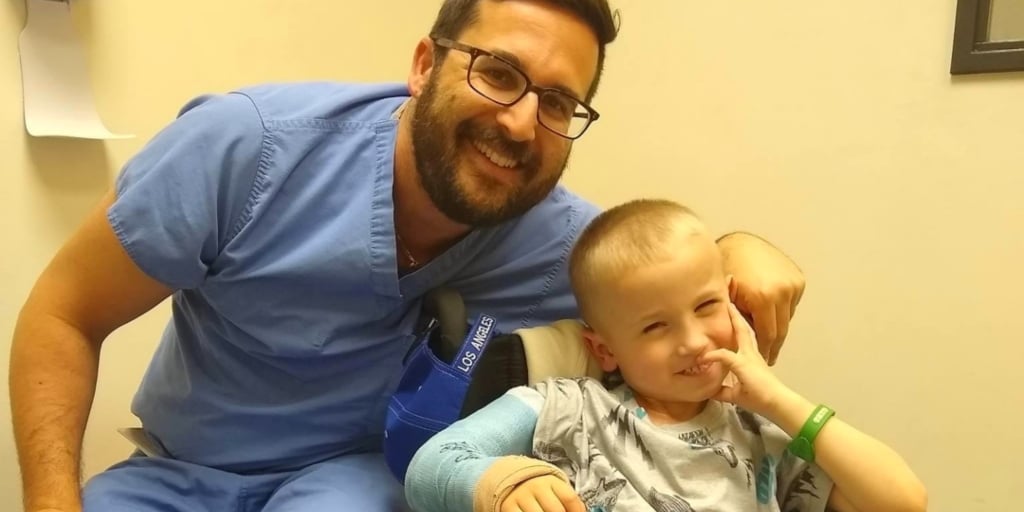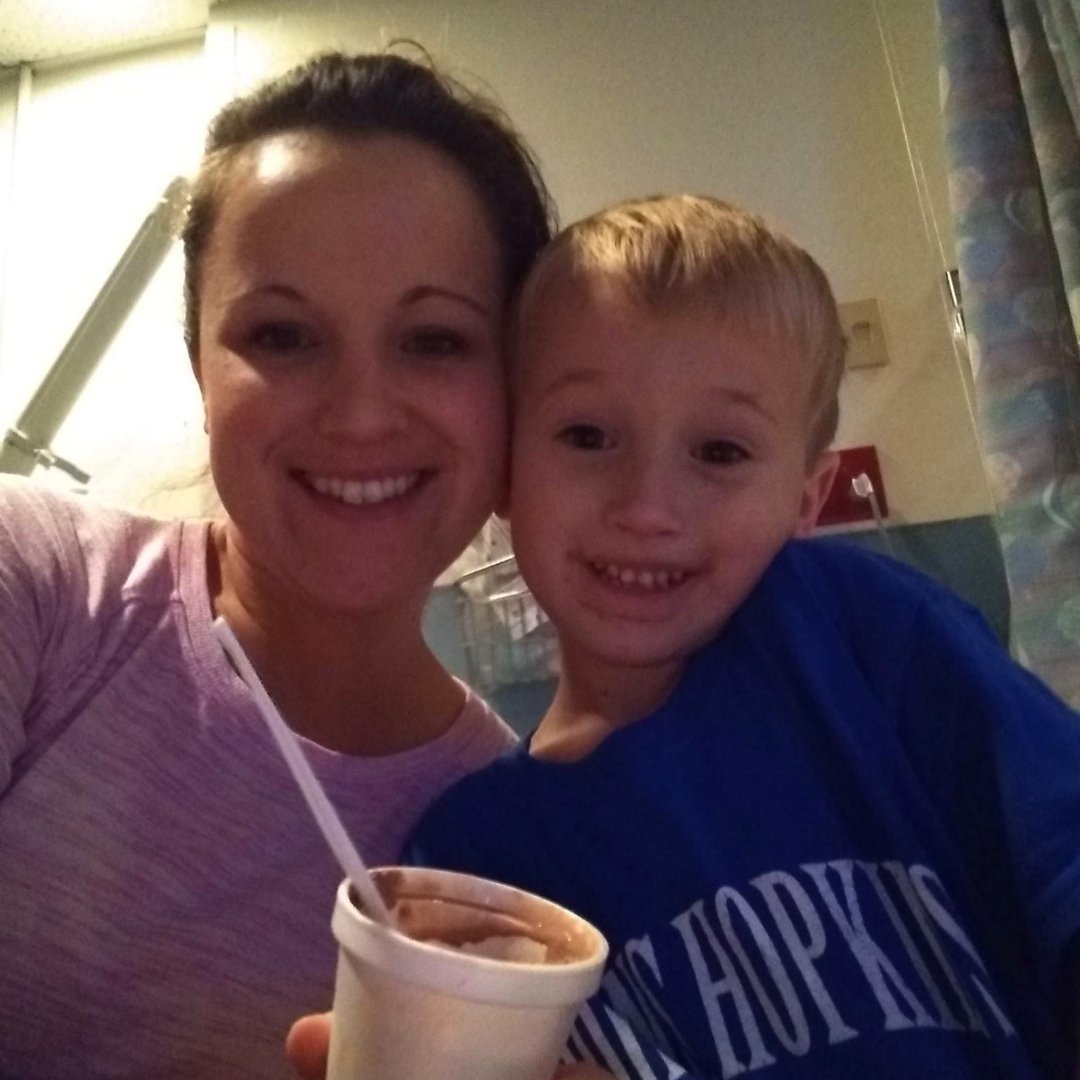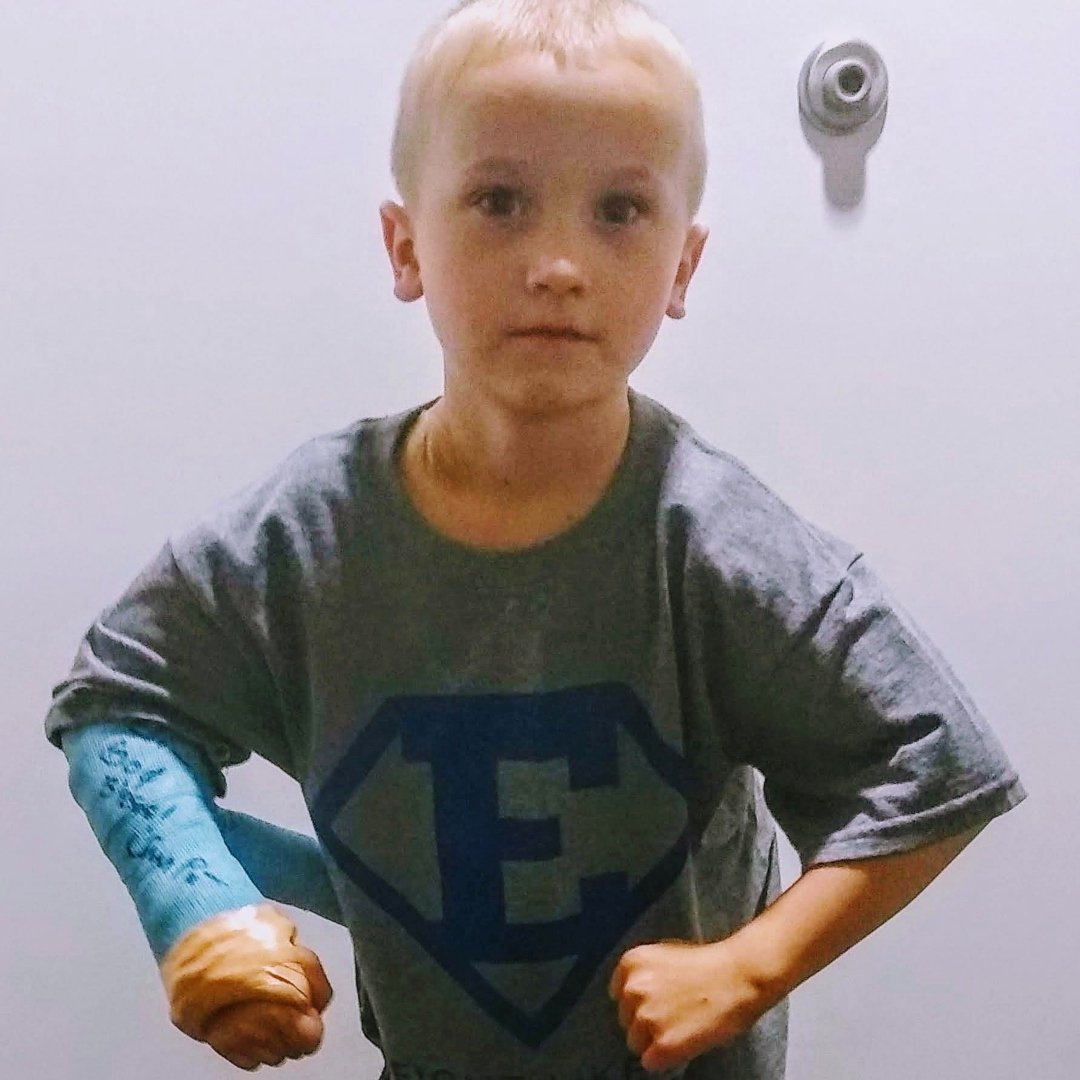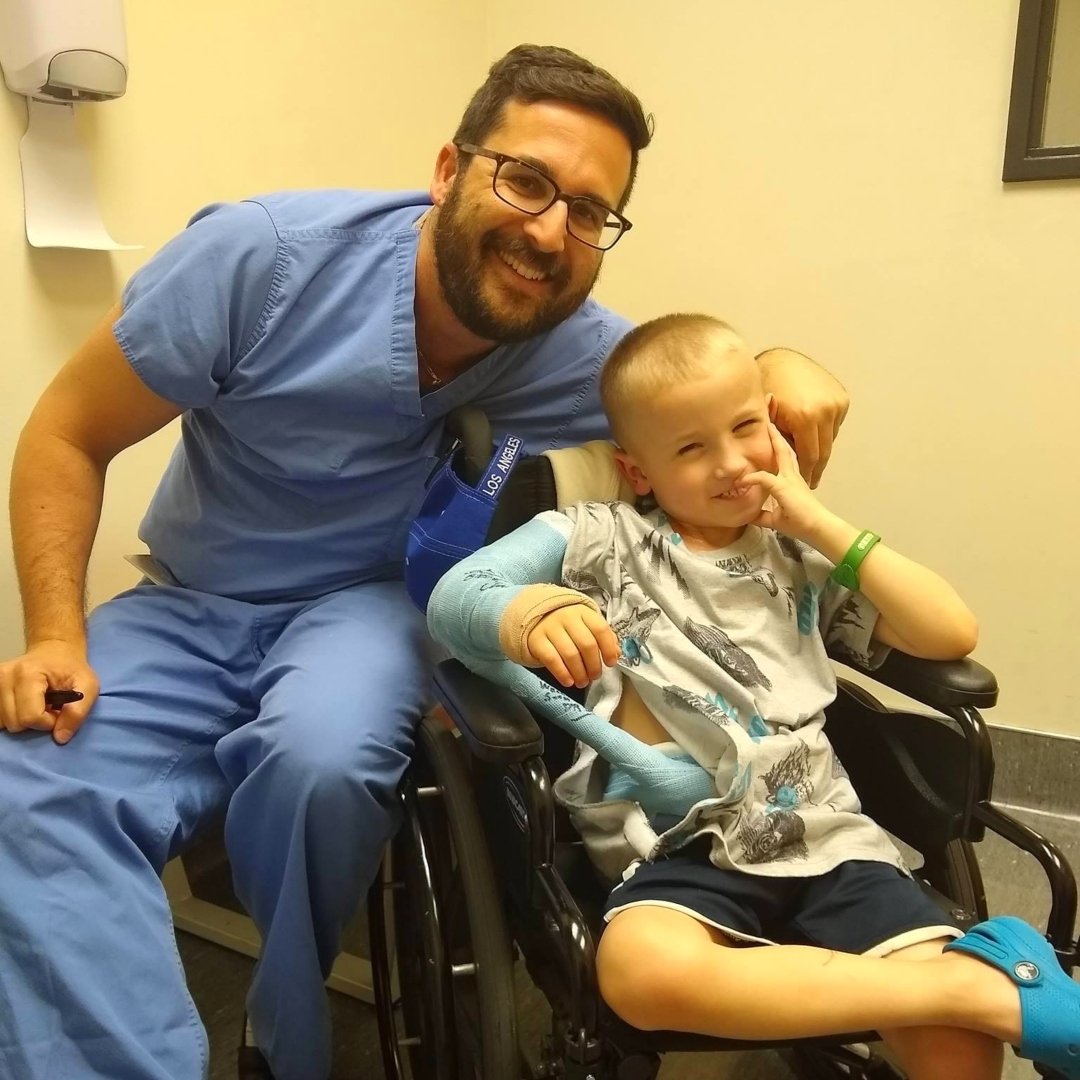
Sarah Torbeck believes we should help children to navigate the realities of suffering through the instrument of faith.
“Mom, there’s something wrong with Eli.”
I sat up in the passenger seat, as the words bounced around the interior of the car. Steve and I were returning home from a quick getaway to Williamsburg, Virginia. It had been an anniversary gift from the children, and we were finally making our way home. Despite Steve’s looming health problems, we had managed to have a peaceful and pain-free interlude together, and I was feeling grateful for a few precious moments with my husband.
But now, everything had suddenly changed. Life is funny that way. I looked over at Steve, who was hastily steering the car into a nearby rest stop so that we could concentrate on my daughter, Lauren’s, ominous words.
“What’s wrong with him?” I cried. Through teary explanations Lauren began to describe a strange constellation of symptoms. There were upper respiratory indicators, but there was also a headache that could not be controlled; worse still—was a progressive numbness that was slowly making its way down Eli’s arm and into his legs. Nothing made sense, and I found myself frustrated with this strange and worrisome illness.
To make matters worse the doctors were baffled, and offered only tepid opinions … none of which fit the list of symptoms that Eli was experiencing. In desperation our daughter finally insisted that Eli be evaluated at Sinai Hospital in Baltimore. By the time she got him to the emergency room, he could no longer stand.
Steve and I raced toward home, as we hung onto every update. I thought about the cheerful, impish face that epitomized our youngest grandson—Eli. He was super-smart, funny and surprisingly perceptive. As a former schoolteacher I had already labeled him as gifted.
Now Steve and I sat anxiously by the phone and waited for any news. I had just finished brewing a fresh pot of coffee when the phone rang. It was Lauren. She sounded exhausted, but somewhat relieved that they were finally getting some answers: the doctors were fairly certain that our five-year-old grandson had AFM (Acute Flaccid Myelitis); or what is more commonly referred to as modern-day Polio.

Steve and I wept tears of anguish that night, as we prayed for Eli. No one was sure what any of this meant, but we did know that Eli might die if the doctors couldn’t arrest the progression of the paralysis. Polio? I kept saying to myself. I had no reference point for this, other than the fact that I thought Polio had been practically eradicated. I had much to learn.
Those early days felt like the Twilight Zone. Our family was dealing with several traumatic events, simultaneously, so one morning I managed to find a few quiet moments in the hospital chapel. Much had been required of us in recent months—and I needed the solace of my faith. I was suddenly reminded of a conversation I had had with Lauren just a few months earlier.
We were discussing my husband’s terminal diagnosis, and the topic naturally turned to the requirements of our faith. My husband was the family patriarch, and no one was handling the news of his illness very well … particularly the grandchildren. Lauren had abruptly turned to me and said, “What should I tell the children?”
I thought back to my own childhood. I knew what it was like to navigate the murky waters of pain and sorrow as a little girl. The inevitability of suffering is a fact that cannot be changed. What can be changed is the way you handle that suffering. Now I shared this understanding with my daughter.
“We cannot fully grasp the will of God. But you have two choices. You can reject this cross as much as you are able—which will lead to bitterness—or you can accept the inscrutable will of God and invite Him to walk with you on the journey. Suffering is a grace-filled reality, so teach your children to suffer well.”

Eli survived. After several experimental treatments the paralysis was halted, and even regressed to a degree … although Eli’s right arm is permanently paralyzed. We affectionately call it, “Eli’s floppy arm.” Eli would go on to have a nerve transplant and years of therapy. Much of it was painful, but Eli rarely complained.
One night, soon after his transplant surgery, Eli climbed into his mother’s lap. He had been thinking about the significant events in his young life, and he wanted to share a new insight he had gained.
“Mama,” he said. “I think I know why God let me have AFM, and the surgery and all the scary times.”
“Why?” said Lauren.
“Because He could have let you, or Daddy, or my brother or sister get sick with AFM—but He chose me. I’m glad He did, Mama … because I wouldn’t want any of you to go through what I went through. So if it had to happen … I’m glad it was me, and not you.”
Well done, Eli. Your Mama did indeed teach you … to suffer well.

Copyright 2023 Sarah Torbeck
Images: copyright 2023 Sarah Torbeck, all rights reserved.
About the Author

Sarah Torbeck
Sarah Torbeck is a Wife, former LEO Widow, a Mother and Grandmother. She is a former writing teacher and RCIA Director, and currently writes for several Catholic publications as well as her personal blog. (Habakkuk 3:19)


.png?width=1806&height=731&name=CatholicMom_hcfm_logo1_pos_871c_2728c%20(002).png)
Comments